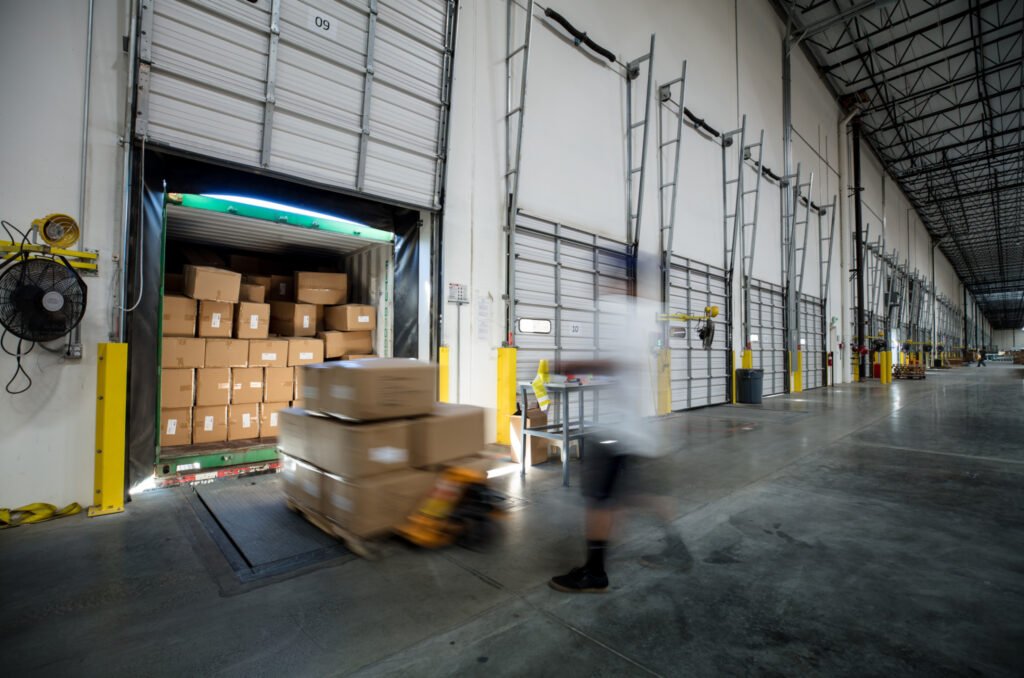Nearly one in three Ontario carriers – 32% – have already laid off some employees amid the looming threat of U.S. tariffs on Canadian imports.
When polled, 68% expected conditions to worsen, 29% were unsure, and only 3% believed that conditions might improve in the short term, according to an Ontario Trucking Association (OTA) news release.
Market uncertainty is directly impacting the industry’s workforce. Carriers suggest that if business conditions do not improve, the sector may see increased layoffs. The OTA survey found that 51% have not yet laid off employees but said they could be forced to do so if conditions don’t improve.

Consequently, 62% of respondents said they would need to lay off employees in the event of a prolonged trade war with the U.S. Only 9% believed the impacts of potential tariffs would not necessitate a reduction of their workforce.
Carriers are also increasingly frustrated and pessimistic about business conditions as they grapple with a freight recession, illegal competition, skyrocketing costs, and tariffs.
They suggest the U.S. tariff threat led to an 18% average uptick in shipment cancellations from Canada to the U.S., and a 14% increase in cancellations from the U.S. to Canada.
Products affected
All products and commodity groups appear to be affected, from parts for assembly line manufacturing, automotive, agricultural, food and food processing inputs, wood and other construction materials, and consumer goods. All are reportedly impacted by the current business climate and decline in customer demand, the release stated.
The political and media drive to ‘buy Canadian first’ does not seem to be providing more than a very modest impact on operations. Only 16% of carriers indicated they have seen this marketing push reflected in their customers’ purchasing patterns, with an average reported increase of about 10%. The remaining 84% of carriers report not seeing an obvious uptick in domestic shipments due to the campaign.
60% of loads are cross-border
The survey of OTA members aimed to identify trends and gain insight into business conditions. Seventy-one per cent of respondents were carriers, and 29% were suppliers and allied trades.
The carriers collectively operate nearly 7,000 Class 8 tractors in different markets and employ around 10,000 workers. Nearly 60% of loads this group carries are cross-border trade, with the remainder being internal domestic trade (42%).
When asked what the government could do to improve conditions and relieve pressure on carriers, the majority indicated authorities need to get a grip on the underground economy and start meaningful enforcement of carriers who break laws and don’t abide by regulations.
“These carriers are undermining compliant and responsible carriers who are already grappling with increasing labor costs, a myriad of taxes in face of the worst freight market in nearly 40 years,” Geoff Wood, OTA senior VP of policy, said in the release.
“It is no wonder, then, that compounded by an out-of-control underground economy, the real potential of tariffs could be the final straw for more than a few responsible, compliant companies and their employees.”